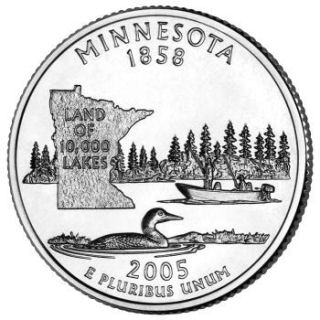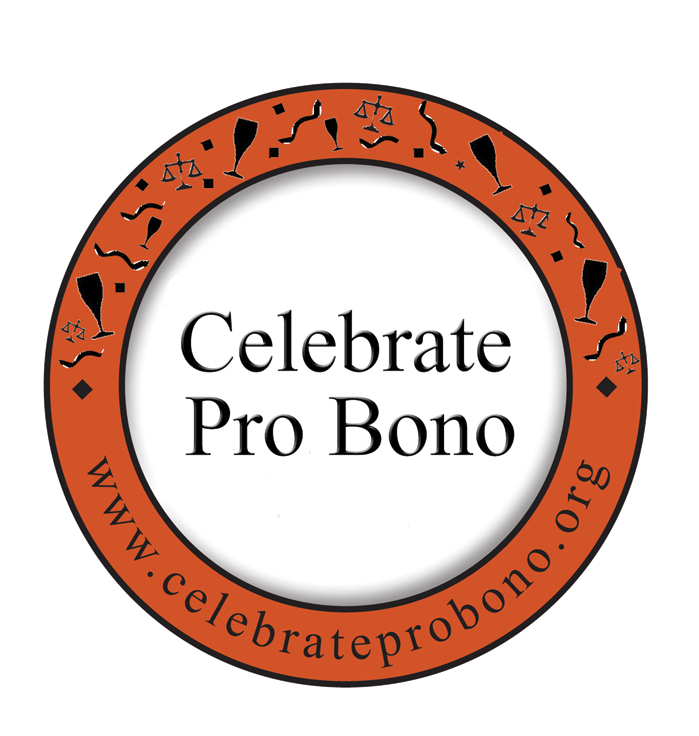by Kristen Pavón
Career Builder featured a great article outlining 8 tips to battle job-search fatigue. I definitely could have used this list a year ago! Job searching is a ridiculously daunting task and I know it can be difficult to keep your eye on the prize.
I’m going to highlight a few of their tips and add a few public-interest law related ones of my own (mainly things I used to get through the job search period while keeping my sanity).
1. Consider your job search a full-time job.
Yes, yes and yes. If you’re unemployed, job searching cannot be something you do randomly when the urge arises. Like lots of things in life, you’ll get out of job searching what you put in. The more time and effort you dedicate to landing a job, the more likely you’ll actually get one.
2. Explore how social media, such as Facebook, Twitter, a personal blog and LinkedIn, can help your job search.
You can use these platforms as methods to either meet prospective employers or showcase skills or past accomplishments.
3. Craft a formal plan.
This tip is critical. I had a pretty good method, if I do say so myself. I set up a color-coded spreadsheet with job titles, organizations, application instructions, location, contact information, deadlines and the date I applied. Jobs I needed to apply to were highlighted in green, jobs I had already applied to were highlighted in red, and jobs that didn’t work out (read: rejected!) were in gloomy gray.
4. Set tangible (realistic) goals.
Write down the number of jobs you will apply for each day. Write down the number of jobs you will add to your queue each day.
5. Volunteer.
I know searching for and applying to jobs 8 hours a day can suck the life out of you and even leave you feeling low on the self-esteem meter. So, schedule a specific chunk of time to search for jobs and leave some time to volunteer for your favorite legal services organization in the area.
This will not only get you out of the house, but it will also be a great bullet on your résumé and more likely than not, you’ll meet some interesting people that may lead you to a job!
6. Go out and meet people.
Look up your local bar association and check out their events calendar. Make it to next networking event, bring a stack of business cards, and get to work!
Feeling awkward about it? Keep in mind lawyers know how to network, they expect it and they want to introduce you to other lawyers who may be able to help you out.
Still not feeling it? Well, I’m a success story. I went to a networking event in the D.C. area for public interest attorneys and law students, and I met two people. I had a great chat with one over coffee a few weeks later, which led me to meet another attorney who I set up a volunteering schedule with before landing a job. The other attorney I met at the event is now my colleague at work. Networking works.
7. Set up PSLawNet alerts!
Ok, yes. This tip is a bit self-serving but I actually used these during law school and during my job search. Through PSLawNet, you can get daily or weekly emails with job opportunities that fit your customized criteria. It’s too easy not to use. Check it out at PSLawNet.
I hope these tips help you. You can read all of Career Builder’s tips here.
Do you have any other tips to overcome job-search fatigue? What do you do to keep your head in the game? Post your own tips below!

























































































